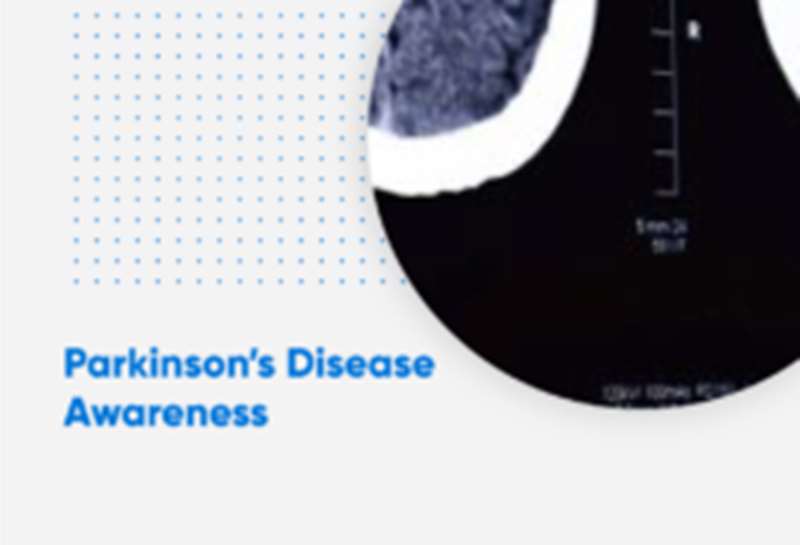Overview
Parkinson’s is a neurodegenerative disease which can result in the need for full-time care. This insightful course explains the causes of the disease, the symptoms and how it is diagnosed and treated. You will learn about the effects Parkinson’s has on everyday life and relationships, the different stages of the disease, and the issues faced in advanced Parkinson’s. This course details how to deal with worsening symptoms and provides links to resources available to carers.
Audience
This course is for anyone who wishes to gain an understanding of Parkinson’s disease, including:
• Frontline health staff, all health professionals, early help professionals, care workers and managers
• Social care staff including carers in domiciliary settings and carers in care homes
• Social workers and managers
• Managers of care providers
• Family members
About this course
This course is split into three modules:
• Parkinson’s Causes, Symptoms, Treatment
• Living with Parkinson’s
• Advanced Parkinson’s
Objectives
In this course you will:
• What causes Parkinson’s disease
• The symptoms and who is at risk
• How it is diagnosed and treated
• How to cope with, or help those in your care to cope with, a Parkinson’s diagnosis
• More about the complex and interrelated symptoms of Parkinson’s
• How to alleviate these symptoms
• About the side effects of Parkinson’s medication
• The effect of Parkinson’s on everyday life and relationships
• The stages of Parkinson’s
• Some of the issues faced by those with advanced Parkinson’s and their carers
• Ways to deal with and adapt to worsening Parkinson’s symptoms
• Some of the resources available to the carers of those with advanced Parkinson’s
Content
Here are some of the topics covered in the modules:
How common Parkinson’s disease is | What causes Parkinson’s disease | Who is at risk | Initial and diagnostic symptoms | Diagnosis | Parkinsonism and Parkinsonian Syndrome | Symptoms – tremor, bradykinesia, sleep disorders, depression, loss of sense of smell, cognitive issues, apathy, orthostatic hypotension, facial masking, dystonia | Advanced symptoms - freezing, confusions, forgetfulness, paranoia, anxiety, personality changes, skin cancer | Side effects of Parkinson’s drugs |Medication treatment | Occupational therapy, physiotherapy, speech and language therapy, dietary advice |Surgery | Communication | Taking control – exercise, diet | The stages of Parkinson’s | Care partners and the wellbeing of the carer | Financial help, help for carers, care and support assessment | Safety in the home, specialist equipment | Driving with Parkinson’s | Parkinson’s and work





